Optogenetics
Recent articles
What are the most transformative neuroscience tools and technologies developed in the past five years?
Artificial intelligence and deep-learning methods featured prominently in the survey responses, followed by genetic tools to control circuits, advanced neuroimaging, transcriptomics and various approaches to record brain activity and behavior.
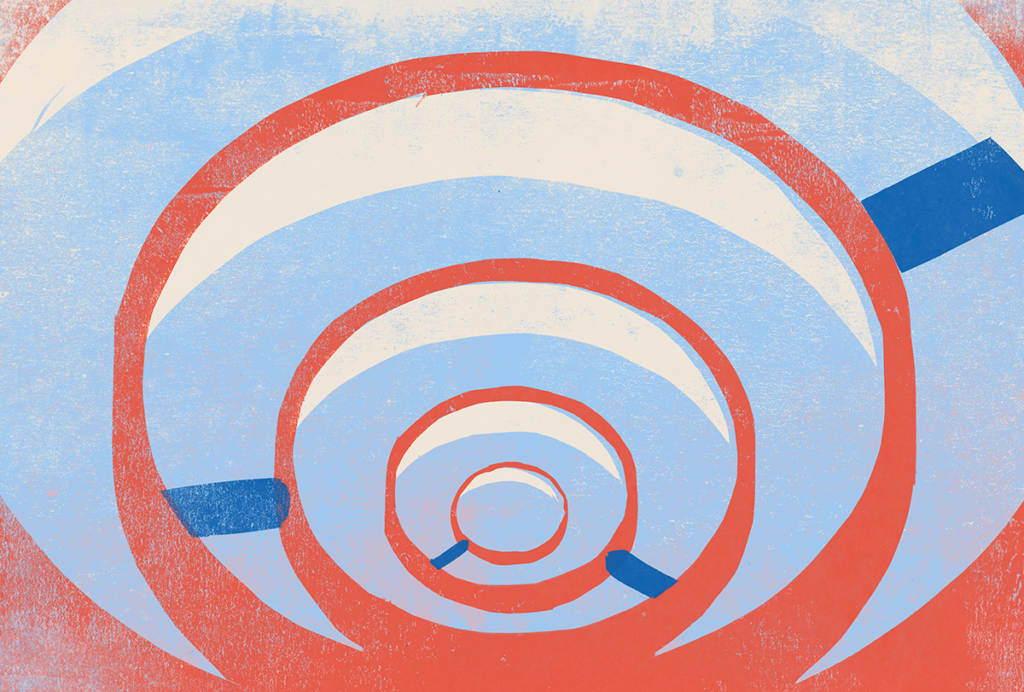
What are the most transformative neuroscience tools and technologies developed in the past five years?
Artificial intelligence and deep-learning methods featured prominently in the survey responses, followed by genetic tools to control circuits, advanced neuroimaging, transcriptomics and various approaches to record brain activity and behavior.
‘How to Change a Memory: One Neuroscientist’s Quest to Alter the Past,’ an excerpt
Part scientific exploration, part memoir, Steve Ramirez’s new book delves into the study of memory manipulation and his personal journey of discovery, friendship and grief.

‘How to Change a Memory: One Neuroscientist’s Quest to Alter the Past,’ an excerpt
Part scientific exploration, part memoir, Steve Ramirez’s new book delves into the study of memory manipulation and his personal journey of discovery, friendship and grief.
Whole-brain, bottom-up neuroscience: The time for it is now
Applying new tools to entire brains, starting with C. elegans, offers the opportunity to uncover how molecules work together to generate neural physiology and how neurons work together to generate behavior.
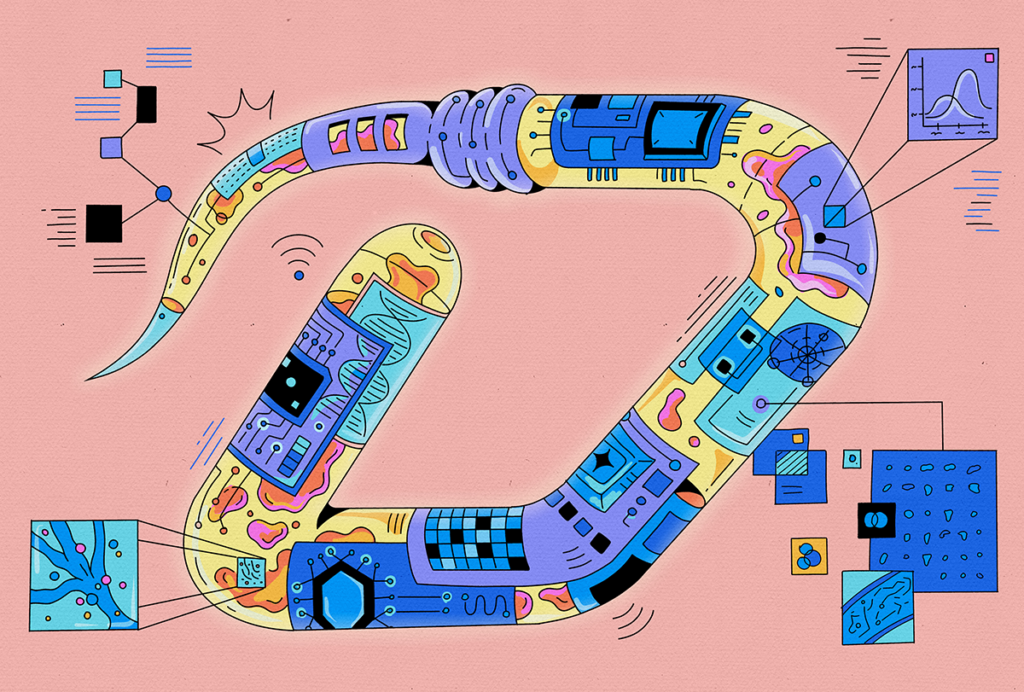
Whole-brain, bottom-up neuroscience: The time for it is now
Applying new tools to entire brains, starting with C. elegans, offers the opportunity to uncover how molecules work together to generate neural physiology and how neurons work together to generate behavior.
Facial movements telegraph cognition in mice
If you give a mouse a decision, its thought process may show on its face.
Facial movements telegraph cognition in mice
If you give a mouse a decision, its thought process may show on its face.
New dopamine sensor powers three-color imaging in live animals
The tool leverages a previously unused segment of the color spectrum to track the neurotransmitter and can be used with two additional sensors to monitor other neurochemicals at different wavelengths.
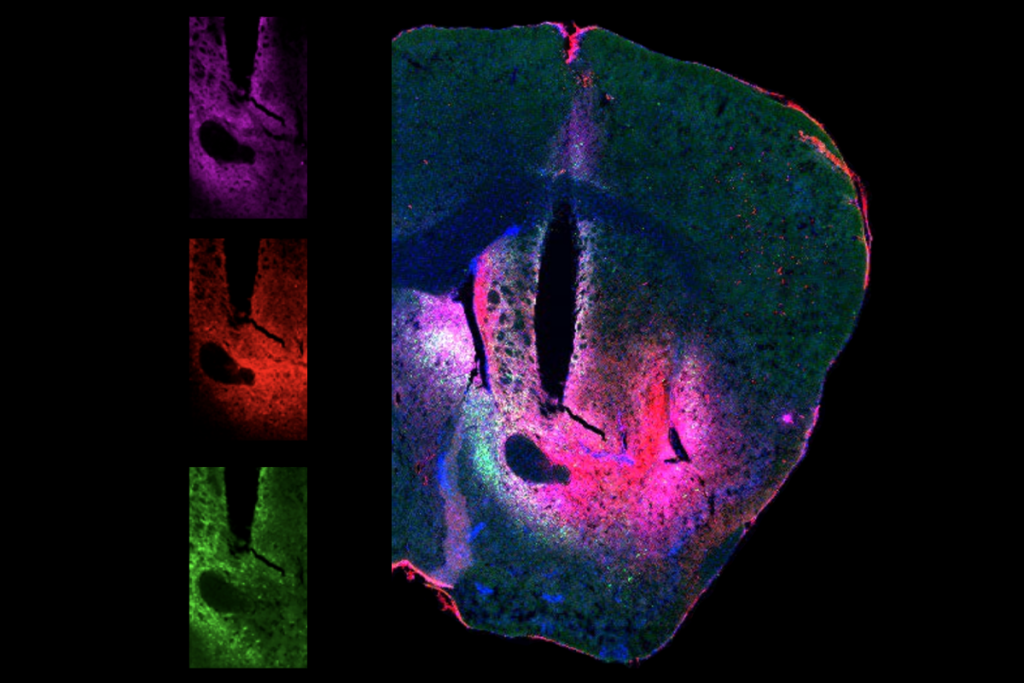
New dopamine sensor powers three-color imaging in live animals
The tool leverages a previously unused segment of the color spectrum to track the neurotransmitter and can be used with two additional sensors to monitor other neurochemicals at different wavelengths.
‘Perturb and record’ optogenetics probe aims precision spotlight at brain structures
The tool provides a new way to characterize cells and study neuronal circuits.
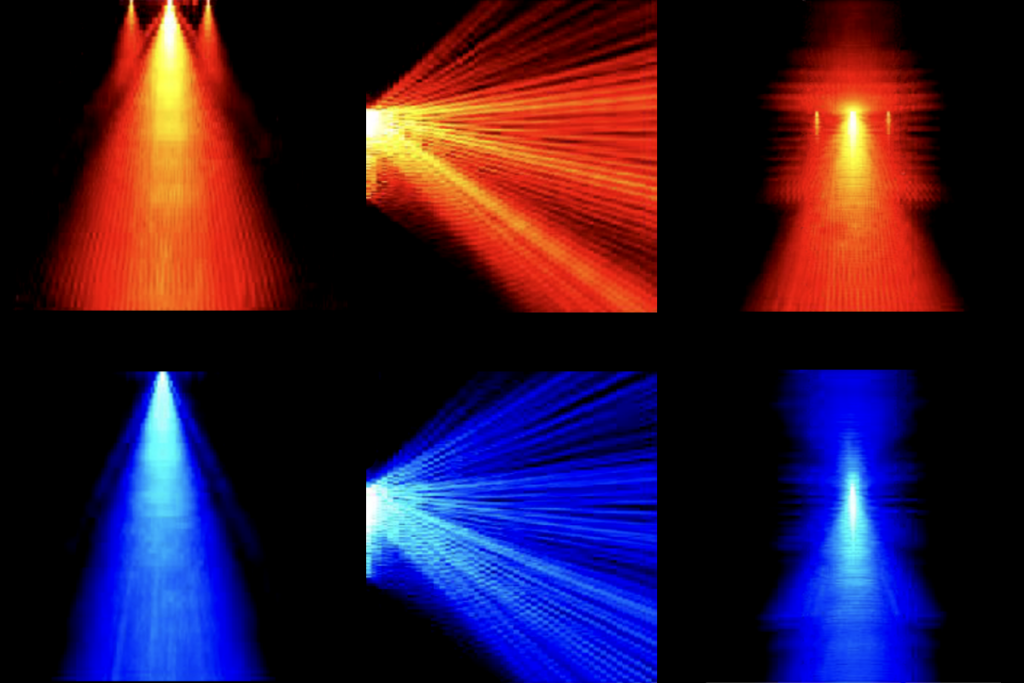
‘Perturb and record’ optogenetics probe aims precision spotlight at brain structures
The tool provides a new way to characterize cells and study neuronal circuits.
Dopamine ‘gas pedal’ and serotonin ‘brake’ team up to accelerate learning
Mice learn fastest and most reliably when they experience an increase in dopamine paired with an inhibition of serotonin in their nucleus accumbens, a new study shows, helping to resolve long-standing questions about the neuromodulators’ relationship.
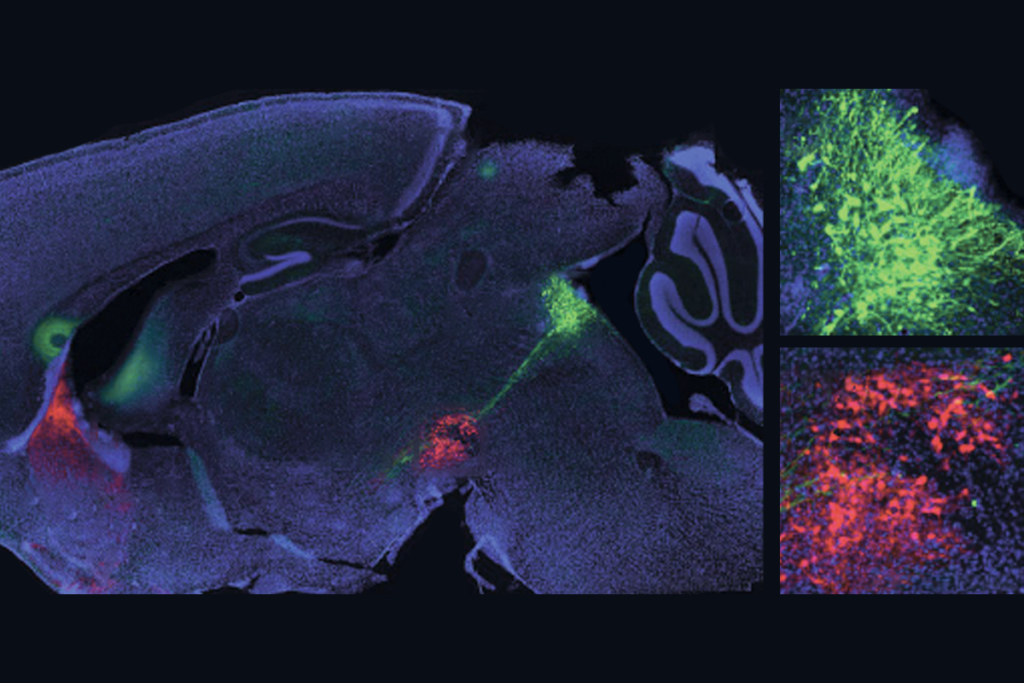
Dopamine ‘gas pedal’ and serotonin ‘brake’ team up to accelerate learning
Mice learn fastest and most reliably when they experience an increase in dopamine paired with an inhibition of serotonin in their nucleus accumbens, a new study shows, helping to resolve long-standing questions about the neuromodulators’ relationship.
Putting a bright idea to the test
A surprising wave of findings in mice suggests that light and sound flickering at 40 hertz clears the brain of Alzheimer’s-disease-linked plaques. Several companies are hoping to prove it works in people.
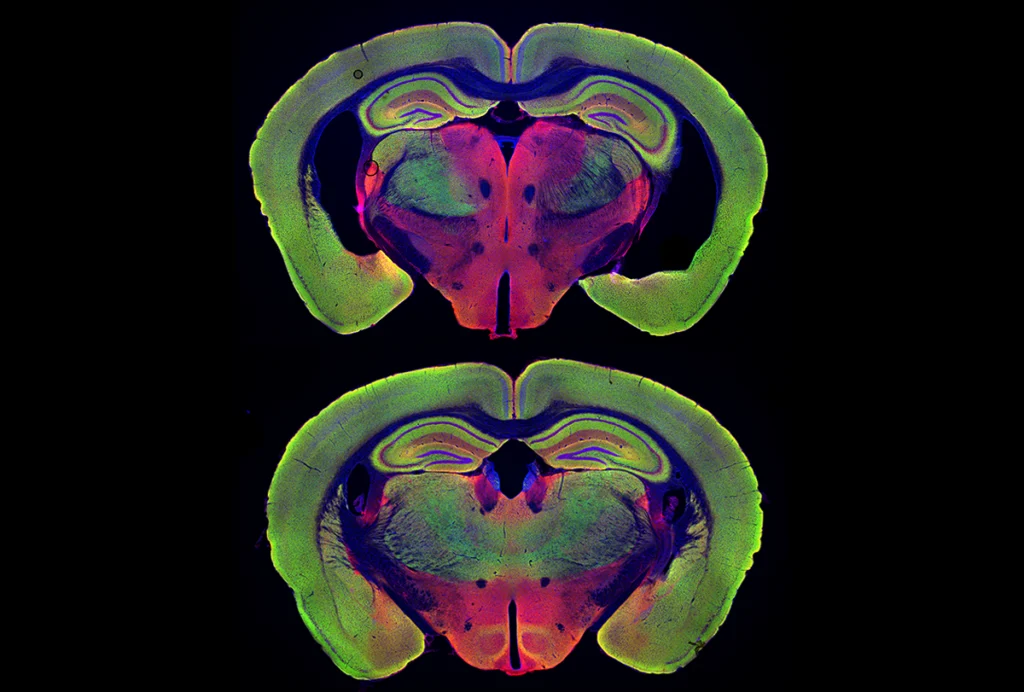
Putting a bright idea to the test
A surprising wave of findings in mice suggests that light and sound flickering at 40 hertz clears the brain of Alzheimer’s-disease-linked plaques. Several companies are hoping to prove it works in people.
Climbing to new heights: Q&A with Kaspar Podgorski
The optical physiologist tracks neural computations inside the lab and scales sheer rock faces outside—even after a life-changing fall.
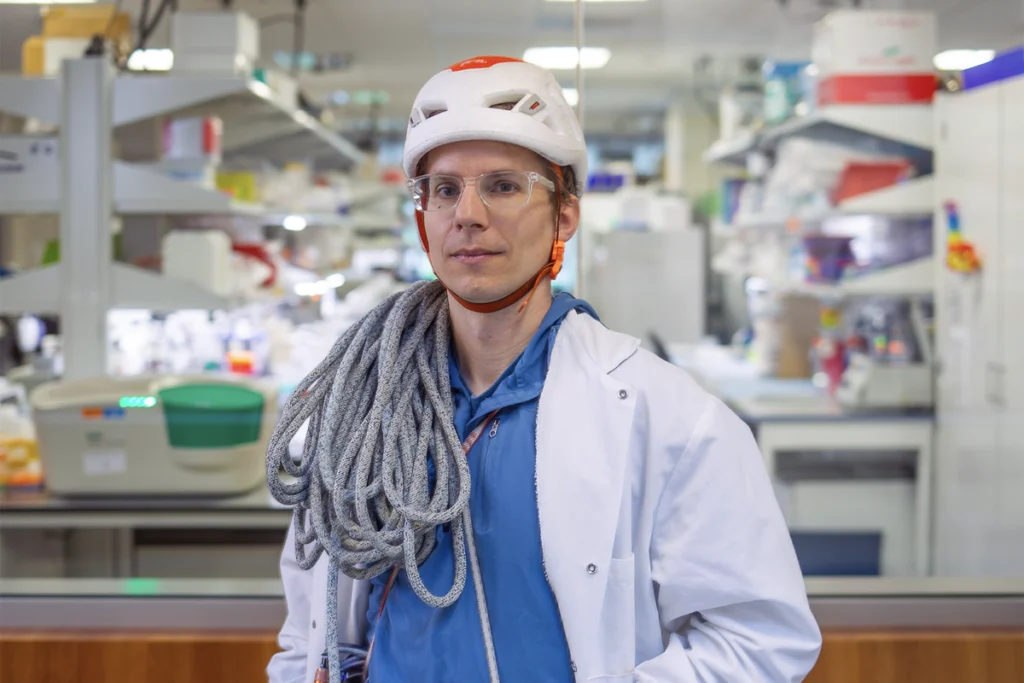
Climbing to new heights: Q&A with Kaspar Podgorski
The optical physiologist tracks neural computations inside the lab and scales sheer rock faces outside—even after a life-changing fall.
Robots boost data consistency in rodent studies reliant on mechanical, optogenetic stimulation
Two new devices take experimenter variation out of the equation, the lead investigators say.
Robots boost data consistency in rodent studies reliant on mechanical, optogenetic stimulation
Two new devices take experimenter variation out of the equation, the lead investigators say.
Explore more from The Transmitter
Astrocytes orchestrate oxytocin’s social effects in mice
The cells amplify oxytocin—and may be responsible for sex differences in social behavior, two preprints find.

Astrocytes orchestrate oxytocin’s social effects in mice
The cells amplify oxytocin—and may be responsible for sex differences in social behavior, two preprints find.
Neuro’s ark: Spying on the secret sensory world of ticks
Carola Städele, a self-proclaimed “tick magnet,” studies the arachnids’ sensory neurobiology—in other words, how these tiny parasites zero in on their next meal.

Neuro’s ark: Spying on the secret sensory world of ticks
Carola Städele, a self-proclaimed “tick magnet,” studies the arachnids’ sensory neurobiology—in other words, how these tiny parasites zero in on their next meal.
Autism in old age, and more
Here is a roundup of autism-related news and research spotted around the web for the week of 2 March.

Autism in old age, and more
Here is a roundup of autism-related news and research spotted around the web for the week of 2 March.